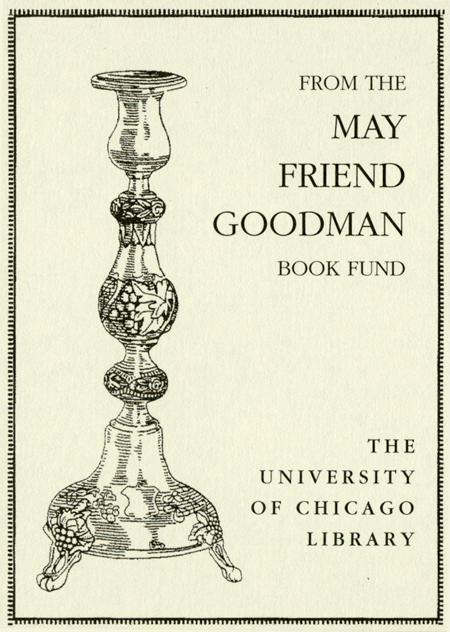Review by Publisher's Weekly Review
Porter's first novel is a heartbreaking and life-affirming meditation on the dislocating power of grief. Events are presented from the viewpoint of three characters: a recently widowed dad, his two young boys, and a talking crow who, like Poe's raven, roosts in their house as a tangible symbol of the family's need to come to terms with their loss. The husband has been recently contracted to write a study of Ted Hughes's Crow (written after the death of Sylvia Plath, who is also referenced here), and like the Hughes's trickster Crow, this Crow shifts shape and personality to address the changing needs of the different family members. Porter's characters express their feelings through observations that are profound and simply phrased. The dad recalls the harmonious feeling of lives shared early in his marriage, "when our love was settling into the shape of our lives like cake mixture reaching the corners of the tin as it swells and bakes." The boys, dismayed at how protectively adults coddle them against the reality of their mother's death, wonder, "Where are the fire engines? Where is the noise and clamour of an event like this?" The powerful emotions evoked in this novel will resonate with anyone who has experienced love, loss, and mourning. (June) © Copyright PWxyz, LLC. All rights reserved.
(c) Copyright PWxyz, LLC. All rights reserved
Review by Kirkus Book Review
It's bad enough to lose a spouse, too soon and unexpectedly, and be left to bring children up alone. It's worse, and more complicated still, when a huge crow takes her place. "I lay back, resigned, and wished my wife wasn't dead," says Dad. "I wished I wasn't lying terrified in a giant bird embrace in my hallway." Crow is a metaphor, borrowed from the poems of Ted Hughes, whom debut novelist Porter rightly reveresand indeed, Dad is a Hughes scholar, gently berated by the great man himself for posing a dissertation instead of a question at a reading. But Crow, framed against and obscured by the "blackness of his trauma," is also very real. Porter's novel, related in verse of mixed measure, charts the course of grief, the two sons "brave new boys without a Mum" who, in time, come to resent the meddling, unwanted Crow enough that one or the other of themit doesn't matter which, Porter tells usbecomes a teenager with a murderous hatred of "black birds with nasty beaks." In time Dad comes out of his shattered shell enough to date, taking a Plath scholar to bed: "She was funny and bright and did her best with a fucked-up situation." Was Crow watching? Probably, and creepily, though now, a couple of years into his invasion, his tutelage alternately maddening and to the point, he's ready to leave, saying his goodbye in a lovely poem that's strong enough to stand outside the context of the book, and that closes, "Just be good and listen to birds. / Long live imagined animals, the need, the capacity. / Just be kind and look out for your brother." Porter's daringly strange story skirts disbelief to speak, engagingly and effectively, of the pain this world inflicts, of where the ghosts go, and of how we are left to press on and endure it all. Elegant, imaginative, and perfectly paced. A contribution to the literature of grief and to literature in general. Copyright Kirkus Reviews, used with permission.
Copyright (c) Kirkus Reviews, used with permission.
Review by Publisher's Weekly Review
Review by Kirkus Book Review

